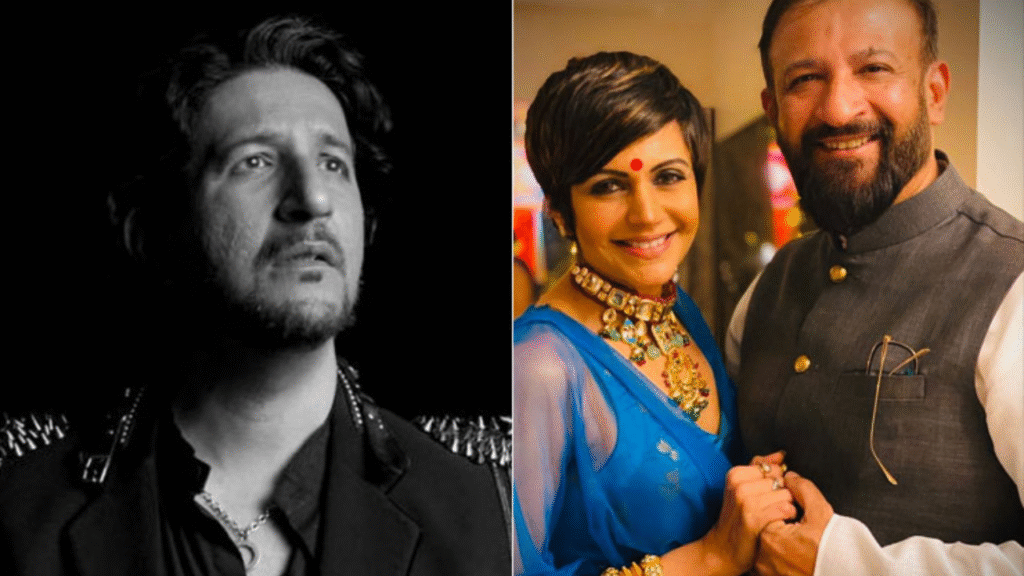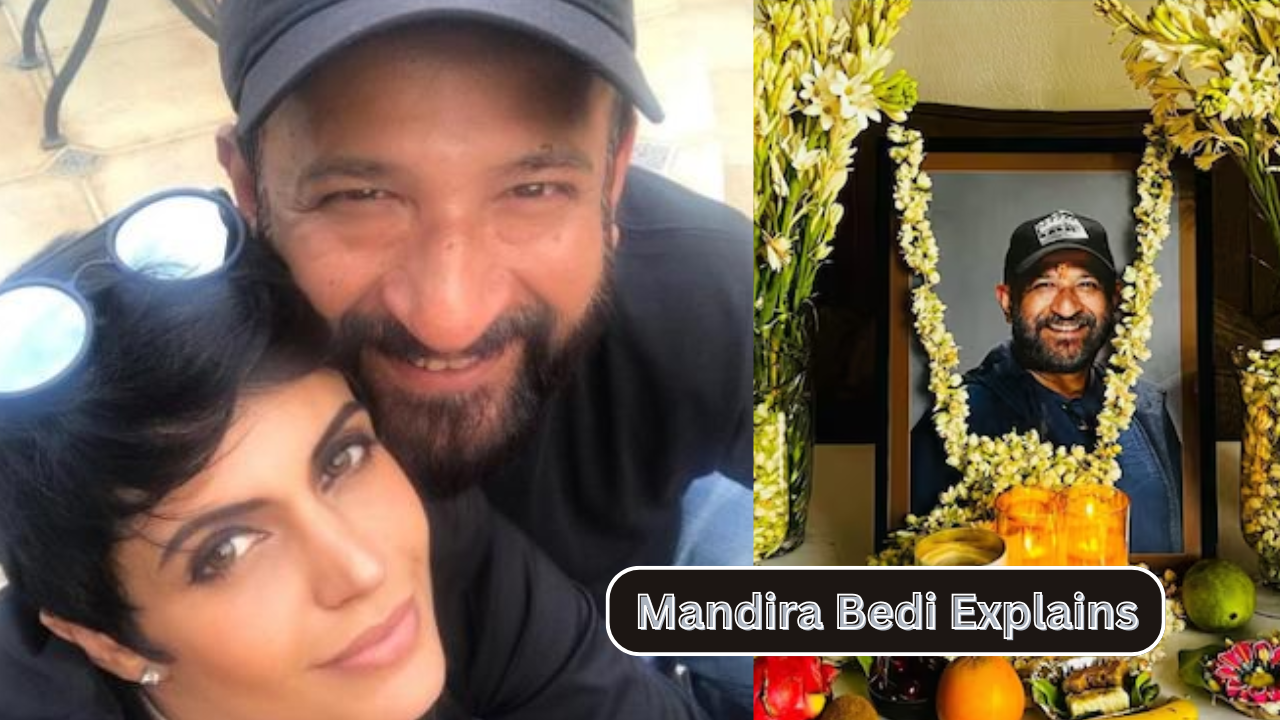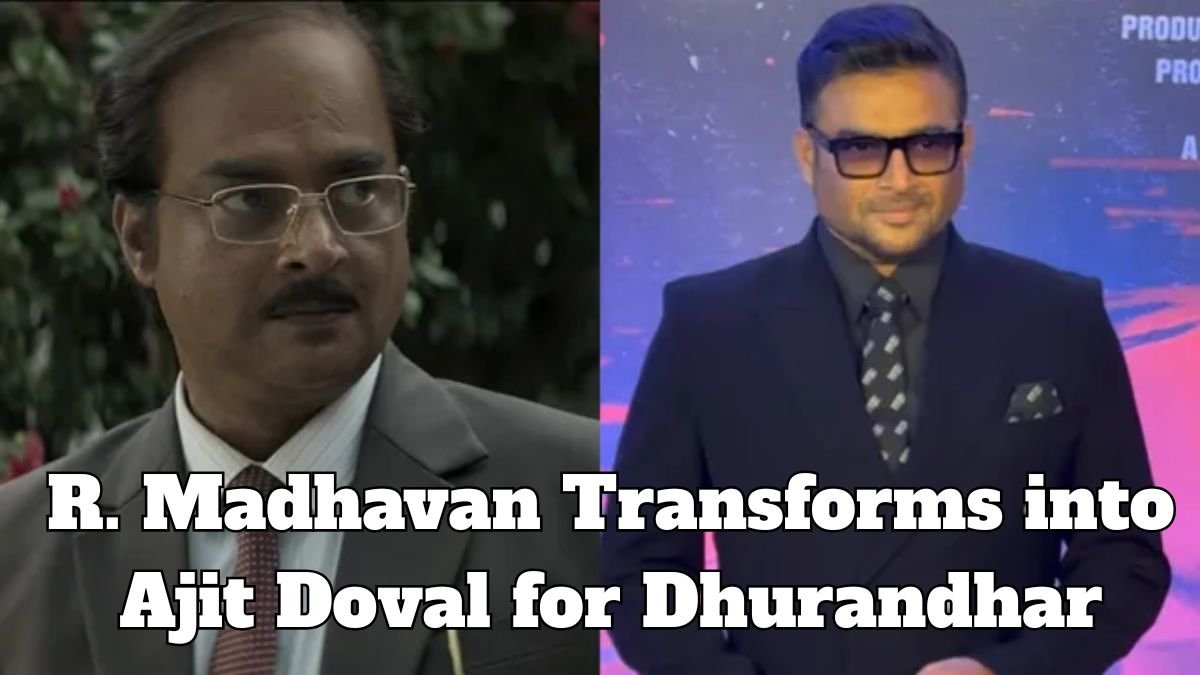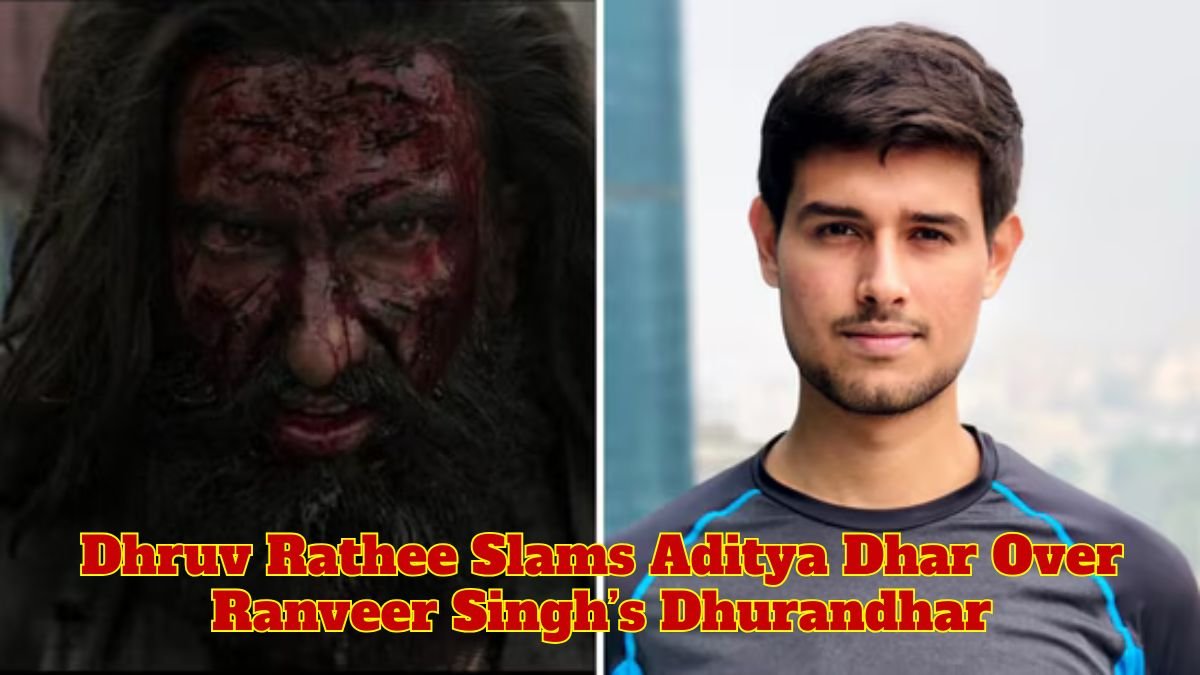Introduction
On June 30, 2021, filmmaker and producer Raj Kaushal passed away unexpectedly due to a heart attack. His untimely death left his wife, actress and television personality Mandira Bedi, and their two children, grappling with grief. Since then, Mandira has chosen to celebrate his life in a way that defies traditional mourning rituals. Most notably, she does not mark his death anniversary—a decision that has intrigued many and challenged cultural norms around remembrance and loss.
In a deeply personal and candid revelation, Mandira recently opened up about the reasons behind her approach to grief and memory. Her perspective, while unconventional, resonates with those who believe that grief is not a formula but a deeply personal journey. This article delves into her thoughts, the psychology of mourning, how society interprets anniversaries of death, and the evolving practices around honoring a loved one.
Mandira Bedi and Raj Kaushal: A Glimpse into Their Relationship
Mandira Bedi and Raj Kaushal were married for over two decades, a union filled with love, partnership, and shared dreams. Raj was a filmmaker and producer, known for directing films like Shaadi Ka Laddoo and producing My Brother… Nikhil. Mandira, known for her work in television and fitness, often described Raj as her rock and biggest cheerleader.
The couple adopted their second child, a daughter named Tara, just a year before Raj’s death. Their relationship was built on mutual respect and deep love. Mandira often shared glimpses of their life together on social media, portraying a family anchored in warmth and laughter.
Breaking the Norm: Mandira’s Approach to Death Anniversaries
Traditionally, death anniversaries are marked with rituals, prayers, and acts of remembrance. In Indian culture, it is customary to hold pujas or feed the needy in memory of the departed. But Mandira has taken a different path.
In an interview, she candidly said, “Why should we? Why should I mark the day someone died? Why should I make it a sad day?” She emphasized that her family chooses to celebrate Raj’s life every day, not just focus on the date he passed away.
This approach isn’t about forgetting; it’s about transforming pain into positivity. By choosing to remember Raj through the joy he brought into their lives, Mandira redefines how one can honor the memory of a loved one.

Understanding Grief: A Psychological Perspective
Grief is a complex, nonlinear process. Psychologists have long studied how humans respond to loss, and modern theories suggest there is no ‘correct’ way to grieve. The five stages of grief—denial, anger, bargaining, depression, and acceptance—are not universal. They do not occur in a fixed order and may not even apply to everyone.
Mandira’s choice aligns with what psychologists call “continuing bonds,” where the bereaved maintain a healthy, ongoing relationship with the deceased in their own way. Rather than focusing on loss, this perspective encourages people to find meaning and connection through memories and daily acts of tribute.
Societal Expectations vs. Personal Healing
Many societies, especially traditional ones, have strict expectations regarding mourning. These include how long a person should grieve, what rituals to follow, and how to behave. When individuals deviate from these norms, they often face judgment.
Mandira’s decision to not mark a death anniversary challenges these conventions. Her openness has sparked discussions about how people process loss differently and the importance of respecting individual choices.
The Role of Children in Grieving and Remembrance
Mandira has been raising her children with compassion and resilience. For them, their father’s memory lives on through stories, photos, and family traditions—not through a specific day of mourning. Experts agree that how children are taught to grieve significantly impacts their emotional development.
By focusing on celebration rather than sorrow, Mandira helps her children associate their father’s memory with joy and strength. This sets a precedent for a healthier emotional relationship with loss.

Public Figures and Private Grief
Being in the public eye adds another layer to grieving. Mandira has faced both support and criticism for how she chooses to mourn. But she has remained true to her values, often sharing glimpses of her journey on social media with raw honesty.
She has posted about grief, mental health, and resilience, becoming a voice for those navigating loss outside traditional frameworks. Her openness encourages others to honor their grief in their own way.
Modern Mourning: A Global Shift
Across the world, mourning practices are evolving. From online memorials to grief therapy, people are increasingly choosing personalized ways to remember loved ones. This shift is influenced by greater awareness of mental health and the understanding that grief is not one-size-fits-all.
Mandira’s stance is part of this global evolution. Her decision resonates with a generation more focused on authenticity, emotional wellness, and living meaningfully in the face of loss.
Conclusion: Redefining Remembrance with Compassion
Mandira Bedi’s journey is not just a personal one; it’s emblematic of a broader transformation in how we view grief, death, and memory. Her refusal to mark Raj Kaushal’s death anniversary isn’t about erasing his memory—it’s about reclaiming it in a way that nurtures her family’s emotional health.
By celebrating his life rather than mourning his death annually, Mandira offers a poignant reminder: grief is not bound by dates or rituals. It’s an ongoing process, deeply personal, and deserving of compassion, not judgment.
Her courage in sharing this perspective paves the way for others to find their own paths through sorrow, and in doing so, honor love in its most enduring form.
Table: Traditional vs. Modern Mourning Practices
| Aspect | Traditional Mourning | Modern Mourning |
|---|---|---|
| Commemoration Day | Fixed death anniversary rituals | Flexible or ongoing remembrance |
| Expression of Grief | Reserved, ritualistic | Open, personalized, sometimes public |
| Involvement of Community | Religious ceremonies, social events | Online tributes, small gatherings |
| Focus | Mourning the death | Celebrating the life |
| Influence | Cultural norms and family expectations | Personal beliefs and emotional needs |
FAQs
1. Why does Mandira Bedi not observe her husband’s death anniversary?
Mandira believes in celebrating her husband’s life every day rather than marking the date of his death with sorrow. She chooses joy over mourning.
2. Is it disrespectful to not mark a death anniversary?
Grief is personal. For some, annual rituals help, while others, like Mandira, find meaning in daily remembrance. It’s not disrespectful—just different.
3. How are children affected by not marking a parent’s death anniversary?
Children can benefit emotionally when the memory of a loved one is framed positively. Mandira’s approach helps her children associate their father’s memory with strength and love.
4. Are more people shifting away from traditional mourning?
Yes, especially in urban and global contexts. People are opting for more personalized, mental-health-friendly ways to cope with grief.
5. Can public figures influence societal views on grief?
Absolutely. Mandira’s openness invites conversations about alternative grieving, helping to normalize diverse emotional expressions and practices.








